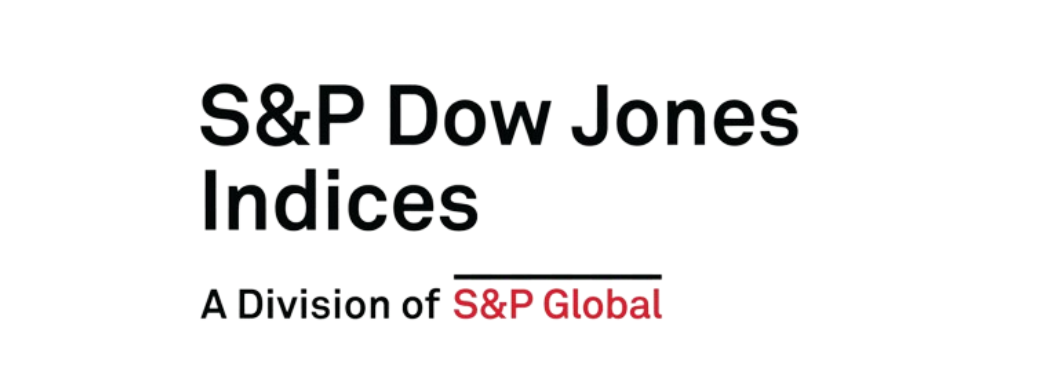The highly concentrated nature of both the ETF and index provider industries leaves smaller players with limited ability to compete which risks stifling innovation and driving prices higher in the long term.
To assess how competitive an industry is, one measure competition watchdogs use is the Herfindahl-Hirschman Index (HHI), with anything above a score of 2,500 signalling a highly concentrated industry. According to data from Liberum, the HHI for ETF issuers in the US is 2,527 while index providers score 3,293.
As Joachim Klement, investment strategist at Liberum said: “In other words, if you buy an ETF you are dealing with two oligopolies. While ETFs are efficient, the ETF industry is not and companies providing indices and ETFs have too much market power today.”
In the US, BlackRock, Vanguard and State Street Global Advisors (SSGA) – or the ‘Big Three’ – own over 80% of the ETF assets while BlackRock controls 45% of the European ETF market on its own.
This gives these players crucial advantages over the competition especially in terms of pricing powers amid continued demand for traditional market-cap weighted strategies such as the S&P 500.
This demand also plays into the hands of major index providers such as MSCI and S&P Dow Jones Indices (SPDJI) which can command high licensing fees for their flagship indices. Highlighting this, SPDJI has a licensing fee of 0.03% of assets under management (AUM) and an annual fee of $600,000 for an ETF issuer tracking the S&P 500.
Despite the ETF market holding a reputation for low fees, recent academic research shows the lack of competition among index providers is leaving investors short-changed.
The research, titled Index providers: Whales behind the scenes of ETFs, found the “very strong” market power of index providers meant they could increase their costs by 60%. They added eliminating this power could reduce ETF management fees by 30%.
“We find the index provider market is highly concentrated and dominated by a few large players and that about one-third of ETF management fees are paid as index licensing fees to index providers,” authors Yu An, Matteo Benetton and Yang Song stressed.
“Moreover, when choosing ETFs, investors care about the identities of index providers, although index providers’ identities explain little of the variation in ETF returns.”
In regards to the European ETF market specifically, Detlef Glow, head of EMEA Lipper research at Refinitiv, said he is not overly concerned about concentration risks, however, added the ongoing price war could build barriers to entry for smaller players.
“This is bad for the general competition as this limits the revenues from an ETF and therefore, may stop other ETF issuers from entering the space,” Glow stressed.
Meanwhile, Athanasios Psarofagis, ETF analyst at Bloomberg Intelligence, said he would like to see some more competitors in the market, largely due to the potential risk of the ‘Big Three’ becoming the major shareholders of many US companies in flagship indices.
Steps have been taken by BlackRock to address this by giving institutional investors the opportunity to vote at shareholder meetings, however, questions about the effectiveness of this move have been raised.
In Europe, the ETF market saw the high-profile exit of BMO in 2019. It will be interesting to see whether new players can find their niche and compete with the distribution channels of the larger incumbents which continue to dominate.
Related articles









